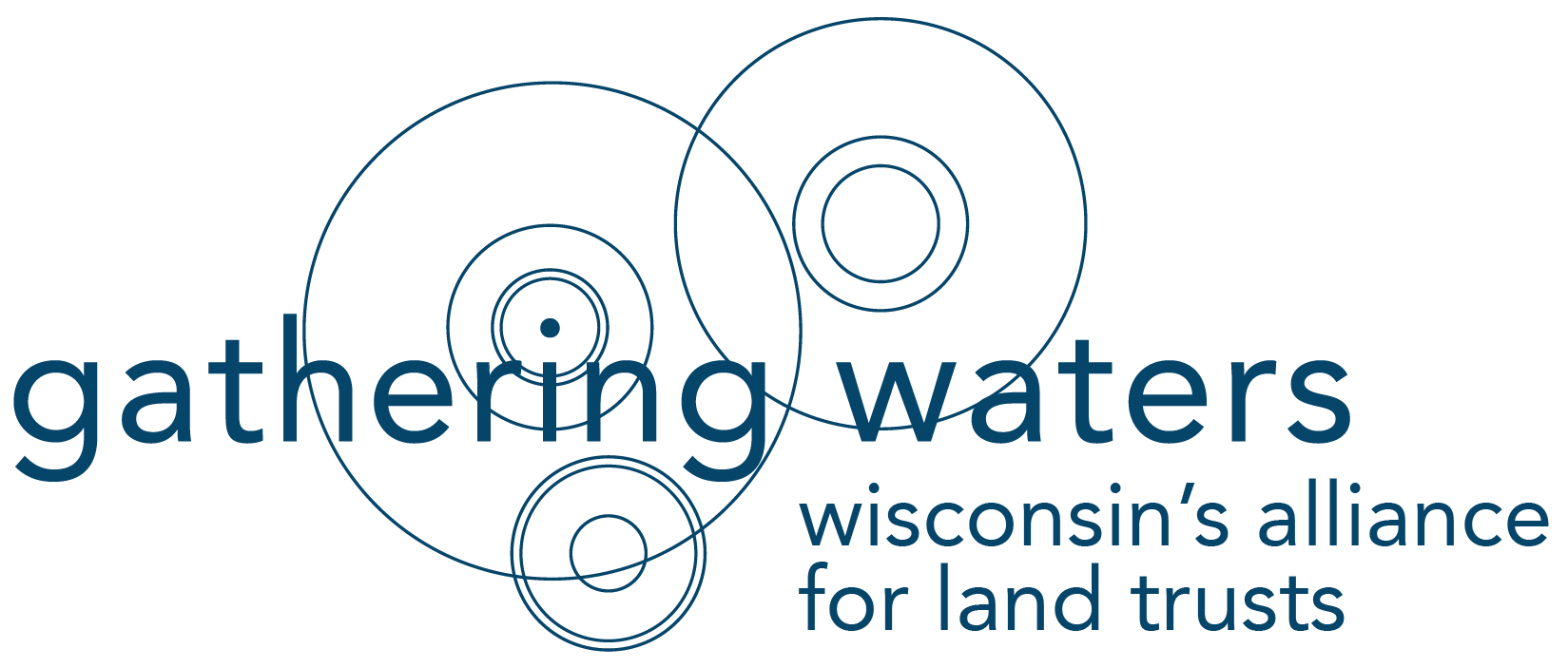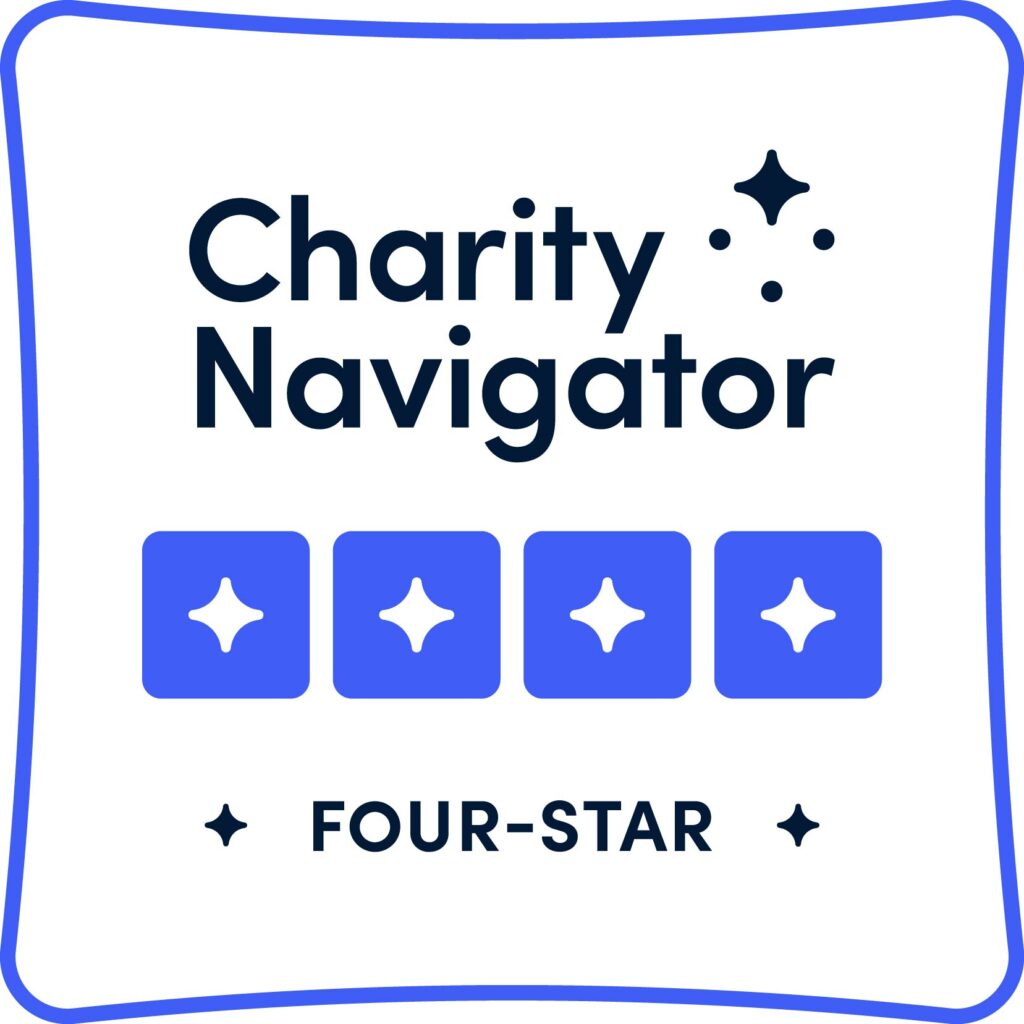Gathering Waters has been monitoring potential developments in carbon market opportunities for Wisconsin land trusts for several years. To date, these opportunities have been out of reach due to the high transaction costs of establishing a carbon project and selling the credits it generates. Only large, contiguous parcels (often at least 10,000 acres) have had the potential to generate enough credits to be financially feasible.
Now several options are becoming available, or are expected to be soon. The possibility of bundling smaller properties–as small as 30 acres–into a single project can achieve the necessary scale for a successful project. Those parcels may be owned by one or many entities.
At the same time, advances in technology are helping to assess and monitor the forests to ensure adherence to the carbon agreements. These sophisticated remote sensing and modeling technologies reduce the frequency and intensity of necessary in-person accounting.
Following are some carbon market opportunities for Wisconsin land trusts.
Gathering Waters will continue to monitor emerging carbon market opportunities and communicate what we learn. Please contact Charles Carlin, Director of Strategic Initiatives, to discuss your interest and questions.
Carbon Market Options
Family Forest Carbon Program
The Family Forest Carbon Program is a joint venture between The Nature Conservancy and the American Forest Foundation. This program is now available to owners of forested lands in Northern Wisconsin. Marketing outreach is currently underway in a handful of Northern Wisconsin counties. And many land trust lands in the region may be eligible for enrollment, especially if they have existing forest management plans.
The Family Forest Carbon Program is an “improved forest management” program, which means timber harvests are allowed, but not required. There are two programs, Growing Diverse Forests for Aspen-Birch stands and Growing Mature Forests for Maple-Beech-Birch stands.
Some fast facts about the program:
- Parcels of at least 30 acres may be enrolled.
- The program is open to land trust fee lands as well as to landowners for whom land trusts hold easements. (However there cannot be any legal restrictions in place that prohibit harvesting.)
- Carbon contracts are likely compatible with Managed Forest Law contracts, so land can stay in Managed Forest Law and be enrolled in this program.
- Payments are up to $200/acre over a 20-year contract. This is in line with current carbon prices on the voluntary carbon market.
Learn more in A Forester’s Guide to the Family Forest Carbon Program in the Midwest.
Core Carbon
Core Carbon is a “harvest deferral” program, meaning the landowner agrees not to cut for 40 years. Therefore, the program is NOT compatible with Managed Forest Law. This program may become available to Wisconsin land trusts in 2023.
Whereas the Family Forest Carbon Program sets a price with landowners and pays a substantial portion of the 20-year contract up front, Core Carbon prices will be based on market prices and subject to adjustment every six months or so.
Given market prices as of October 2022, the two programs currently appear to be slated to offer similar compensation.
Core Carbon is a product of Finite Carbon. The Land Trust Alliance has worked with this carbon developer to create aggregated land trust carbon projects. Read more about this partnership.
NCX
Land trusts watching carbon markets may also be familiar with a third option for owners of smaller parcels to sell carbon credits, NCX.
NCX offers one-year harvest deferral contracts. Landowners have the option to enroll again in subsequent years, but are not required to.
Some landowners find the one-year commitment to be more appealing than the 20- or 40-year contract terms described above. However, while NCX does not require that a parcel be enrolled beyond the one-year contract term, landowners may not be able to enroll that same parcel in another carbon program at a later date.
Rules for Carbon Programs
The rules governing voluntary carbon markets stipulate that parcels cannot be moved from one carbon program to another. If land is enrolled in a given program, it must stay with that program. This minimizes the risk of counting the carbon benefits from a single parcel multiple times.
Verra, one of the reputable carbon standards bodies (the Family Forest Carbon Program is registered with Verra), has announced plans to create rules that allow a property to move to a different carbon program provided it uses the same methodology and is on the same registry. Learn about this proposed rule change.
Currently there is no path to transfer a parcel of land, for example, from a harvest deferral program (Core Carbon) to an improved forest management program (Family Forest Carbon).
Nor is there a mechanism to move land between carbon registries. Family Forest Carbon Program’s methodology is registered with Verra and Core Carbon’s methodology is registered with the American Carbon Registry. NCX’s methodology is not currently approved by any registry, so the value of their credits and options to move to other programs is an open question.
What About Wisconsin Landscapes Other Than Forests?
Gathering Waters has not identified carbon market opportunities for landscapes other than forests in Wisconsin.
Land trusts in the Great Plains have leveraged carbon projects based on avoided conversion of grassland. However, those projects rely on having thousands of contiguous acres. We have not yet identified scenarios in which grassland carbon projects could be achievable in Wisconsin.
Featured image by Elvis Kennedy.



